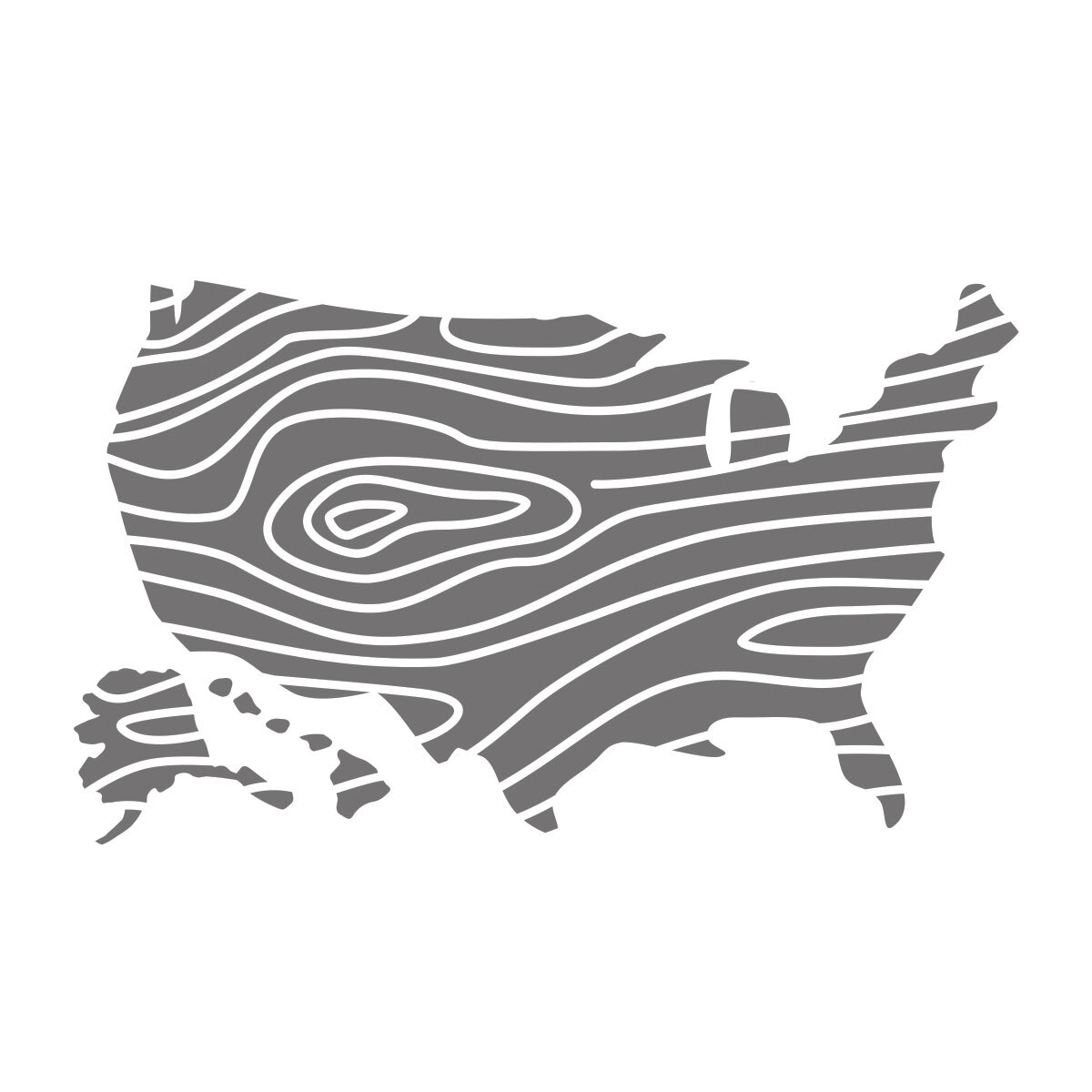Glidden Point
“Oysters are a product of the place they are grown and the practices that we use to grow them...Maine waters, the state waters here are different from state waters of Maryland. So we'd have some colder, arguably cleaner water here. And waters have different food sources or even different algae up here so you'd see the result of that in the taste of the oyster. The practices we use, that's based on where they are, where the farms are, specifically where the sites are,” says Ryan McPherson, owner and farmer of Glidden Point Oyster Farms.
Ryan took over Glidden Point Oyster Farms five years ago and they're growing millions of oysters for their wholesalers and customers across the country. From the upwell to the nursery to harvesting, there is so much that goes into growing an oyster farm and Ryan and his team of farmers have done it right.
Photographed by Kelsey Gayle
A nice serving of half shucked and ready to be shucked Glidden Point gems.
Photographed by Kelsey Gayle
Getting ready to finish the day as oysters are collected from the farm.
“I think that aquaculture is different from fisheries or maybe just like the single boat owner fisheries. Team is the element that I didn't have and the fisheries have the energy, or the energy that a team gives you is just resilient and it just has a bigger impact probably overall. And what I wanted to do when I came up here is to put together a team. So that that was a priority,” adds Ryan.
Managing an oyster farm is not an easy process as the day-to-day operations shifts continually as the tides change, the green crabs create a deep obstacle and so much more.
“The changing climate is just a roller coaster that's becoming a little bit more higher peaks and lower lows, so we haven't seen a large benefit. And we can only see risk really, in the change. So just a little bit stronger storms in the fall, you know, where our gear gets messed out on the water, and then our shoreside facility loses power. So we're starting to see stronger storms, a little bit bigger tides and in that trend, we don't know about climate change. We don't see that slowing down at any point,” says Ryan.
But what there oyster farming is all about is giving back to the Maine community in a powerful way.
Photographed by Kelsey Gayle
Ryan has curated not just a great group of employees but a family that shares the love of oysters and the farming that goes into it.
Photographed by Kelsey Gayle
The tasting room atmosphere is quite pleasant in the evening as folks gather to enjoy delicious oysters and a cold brew.
“Everybody from the neighbors along the river, to the way that we manage our resources up here to, really, every nitty gritty detail is Maine. And so our product is just a direct reflection of all those things that are there. And then the people that make it all happen here, I think it's engraved in a manner to work through the challenges that come up in what we do, and to work on the water and to sell the problems that come up on the water. And that's really the ultimate lifestyle that we live here to provide food that comes from our resources.” says Ryan.






